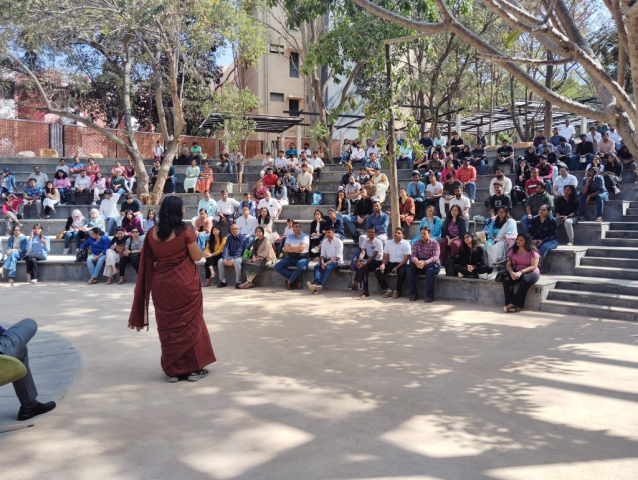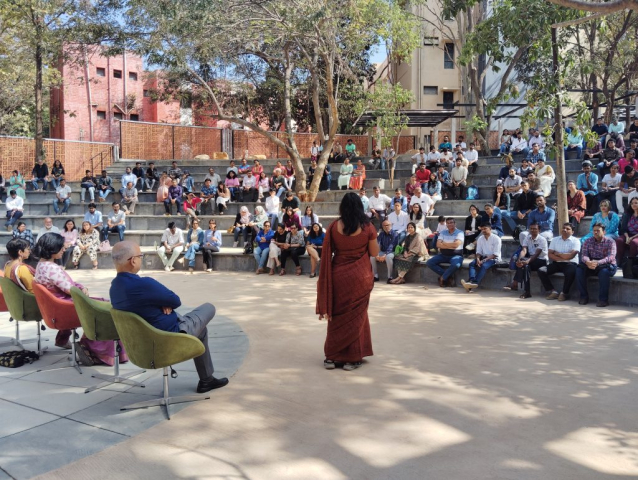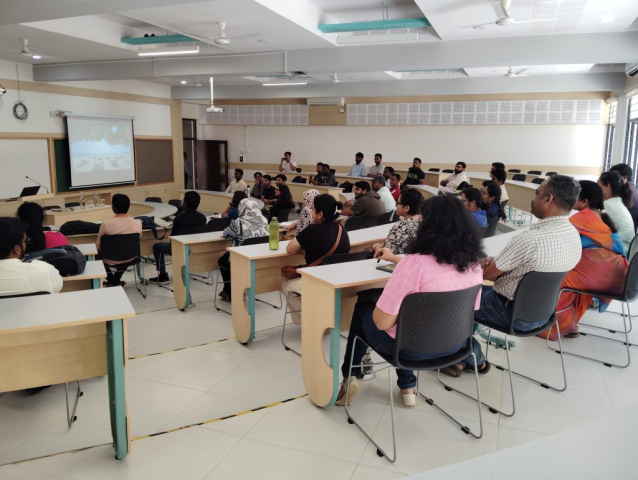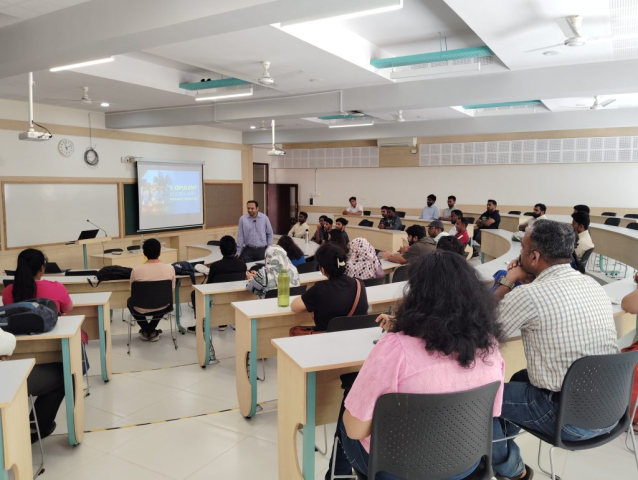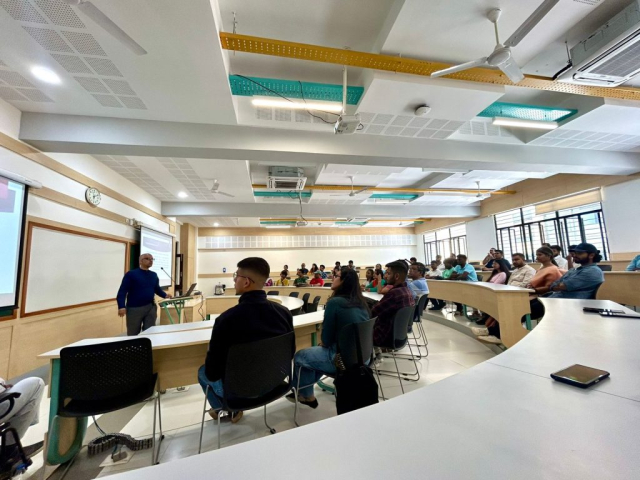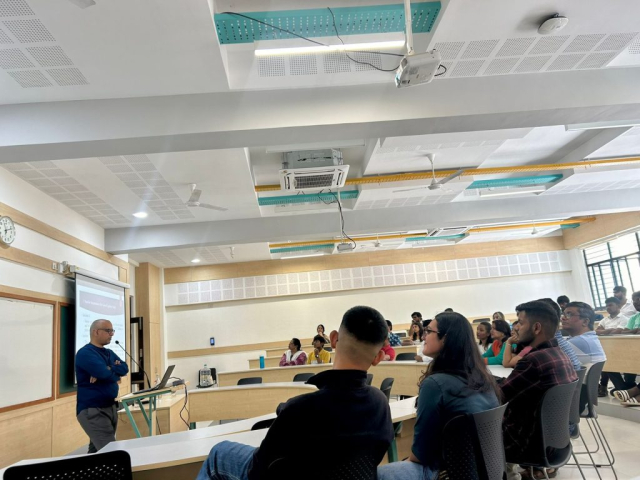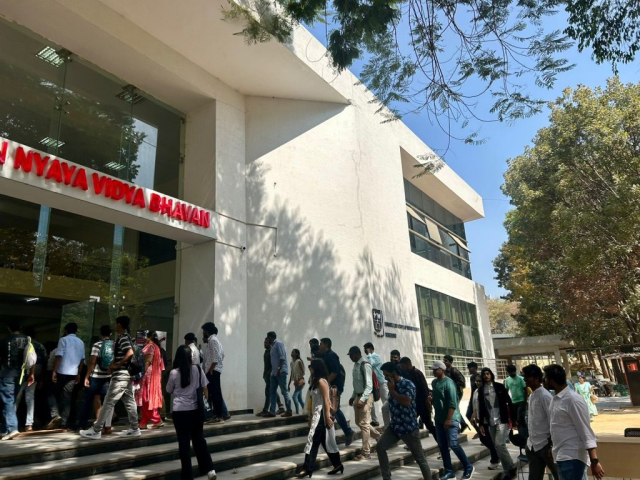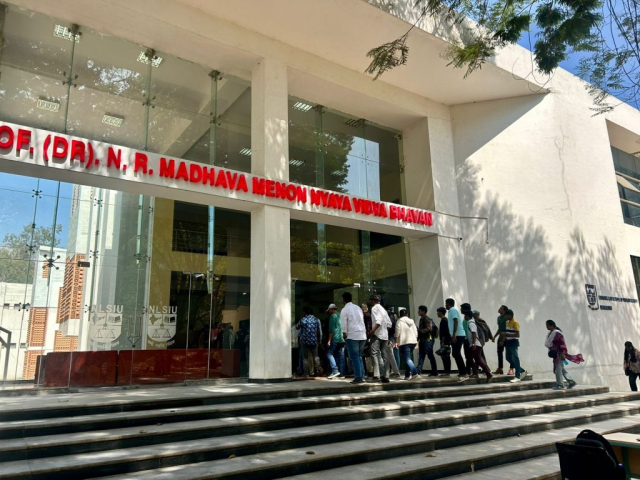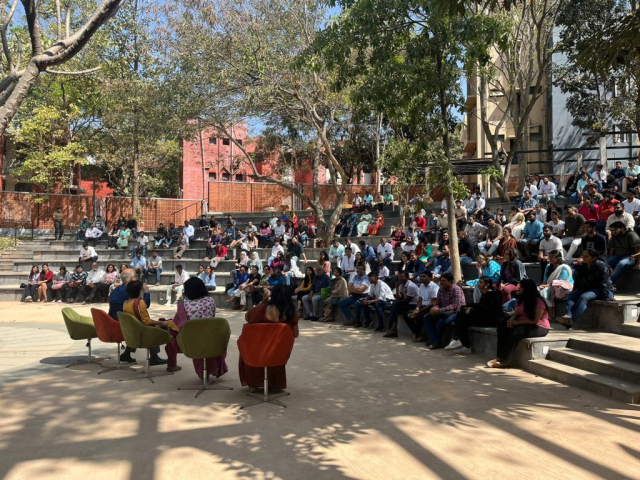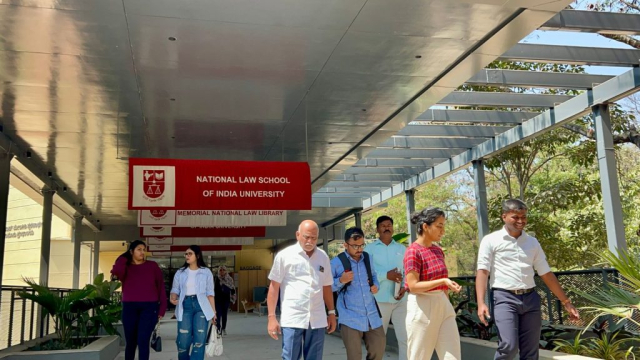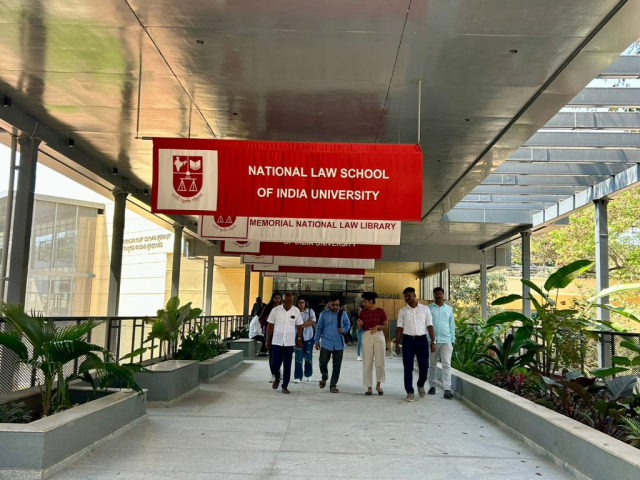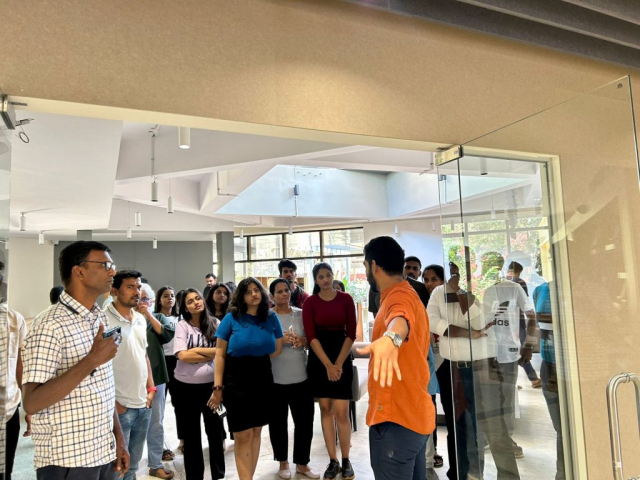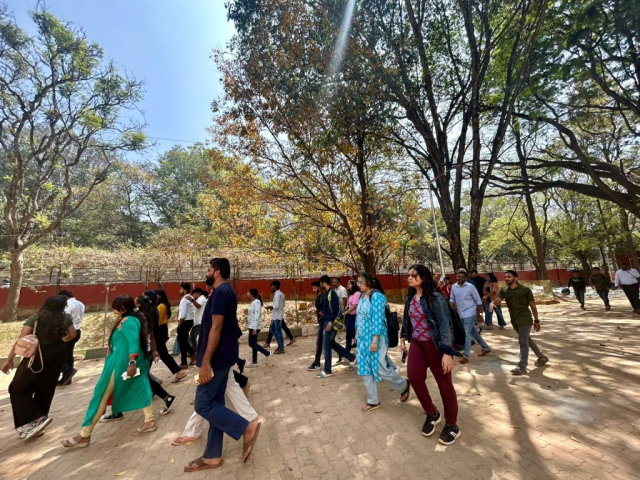About the Conference
The Government of Karnataka will host a two-day international conference titled ‘Constitution and National Unity’ on February 24th and 25th, 2024, in Bengaluru, India to commemorate 75 years of the Indian Constitution. The conference will focus on topics related to constitutionalism and social justice and aims to contribute to contemporary conversations on these critical themes.
The National Law School of India University (NLSIU) will anchor Theme I (The 75th Year of the Indian Constitution) of the Conference.
Theme I: The 75th Year of the Indian Constitution
The National Law School of India will anchor one theme of the Conference. Theme I of the Conference, titled the 75th Year of India’s Constitution aims to recognise and celebrate the strides made in achieving the transformative goals of the Constitution while simultaneously addressing the contemporary challenges that persist.
The speakers in Theme I feature a vibrant group of academics, policy-makers and members of civil society. They will engage in generative discussion and debate, drawing from their research expertise and experience in government and civil society. By revisiting India’s constitutional founding as a reference point, the panels in Theme 1 will navigate the complexities of our present and reimagine our constitutional future.
Panel I: Constitutionalism and Democracy in the 21st Century
2 PM to 3 PM, 24th February (Saturday)
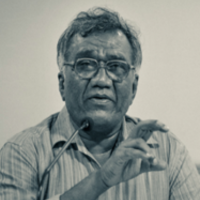 |
Prof. Gopal Guru, Editor, Economic & Political Weekly, Mumbai; Retired Professor of Political Science, Jawaharlal Nehru University, New Delhi. |
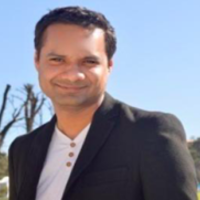 |
Prof Tarunabh Khaitan, Professor (Chair) of Public Law, London School of Economics Law School, UK. |
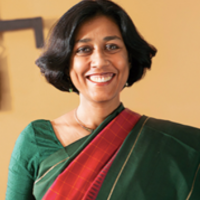 |
Prof Nandini Sundar, Professor of Sociology, Delhi School of Economics. |
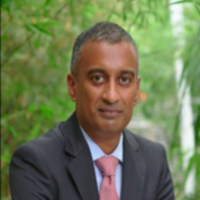 |
Prof Sudhir Krishnaswamy, Vice-Chancellor & Professor of Law, National Law School of India University, Bengaluru. |
Panel II: Ensuring Equality and Equity
3:30 PM to 4:30 PM, 24th February (Saturday)
 |
Prof Sanjay Jain, Professor and Former Principal, ILS Law College Pune. |
 |
Sr Adv Jayna Kothari, Senior Advocate, Karnataka High Court & Supreme Court of India; Director, Centre for Law and Policy Research, Bengaluru. |
 |
Prof Sukhadeo Thorat, Chairman, Institute for Social and Economic Change, Bengaluru; Former Chairman, University Grants Commission. |
 |
Prof Meena Dhanda, Professor of Philosophy and Cutural Politics, University of Wolverhampton
|
 |
Prof Rochana Bajpai, Professor of Politics, SOAS University of London. |
Panel III: Re-affirming India’s Federal Design
5 PM TO 6 PM, 24th February (Saturday)
 |
Prof Govinda Rao, Emeritus Professor, National Institute of Public Finance and Policy; Member of 14th Finance Commission. |
 |
Prof Kham Khan Suan Hausing, Professor & Former Head, Department of Political Science, University of Hyderabad. |
 |
Prof Ashutosh Varshney, Director of the Saxena Center for Contemporary South Asia, Sol Goldman Professor of International Studies and the Social Sciences.
|
 |
Ms. Yamini Aiyar, President and Chief Executive, Centre for Policy Research (CPR).
|
Panel IV: Institutional Safeguards for Democracy
9:30 AM TO 11 AM, 25th February (Sunday)
 |
Dr. Aparna Chandra, Associate Professor of Law, M K Nambyar Memorial Chair on Constitutional Law, National Law School of India University, Bengaluru. |
 |
Honourable Dr S.Y. Quraishi, Former Chief Election Commissioner of India.
|
 |
Prof E. Sridharan, Academic Director & Chief Executive, University of Pennsylvania Institute for the Advanced Study of India, USA. |
 |
Prof Arun Thiruvengadam, Professor and Faculty In Charge, V.R. Krishna Iyer Chair on Public Law and Policy Choice, National Law School of India University, Bengaluru. |
Panel V: Forging Constitutional Culture and Consciousness
11:30 AM to 1 PM, 25th February (Sunday)
 |
Prof Shruti Kapila, Professor of History and Politics, Cambridge University, UK |
 |
Prof G Mohan Gopal, Former Director of the National Judicial Academy of the Supreme Court of India, Founder Chair of the National Court Management Systems Committee of the Supreme Court of India.
|
 |
Prof Anurag Bhaskar, Deputy Registrar, Supreme Court of India; Assistant Professor (on leave), Jindal Global Law School; Affiliate Faculty, Harvard Law School Center on the Legal Profession.
|
 |
Mr. Bezwada Wilson, Co-Founder and National Convenor, Safai Karmachari Andolan (SKA), New Delhi. |
 |
Dr. John Brittas, Honourable Member of Parliament, Rajya Sabha.
|

